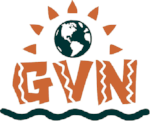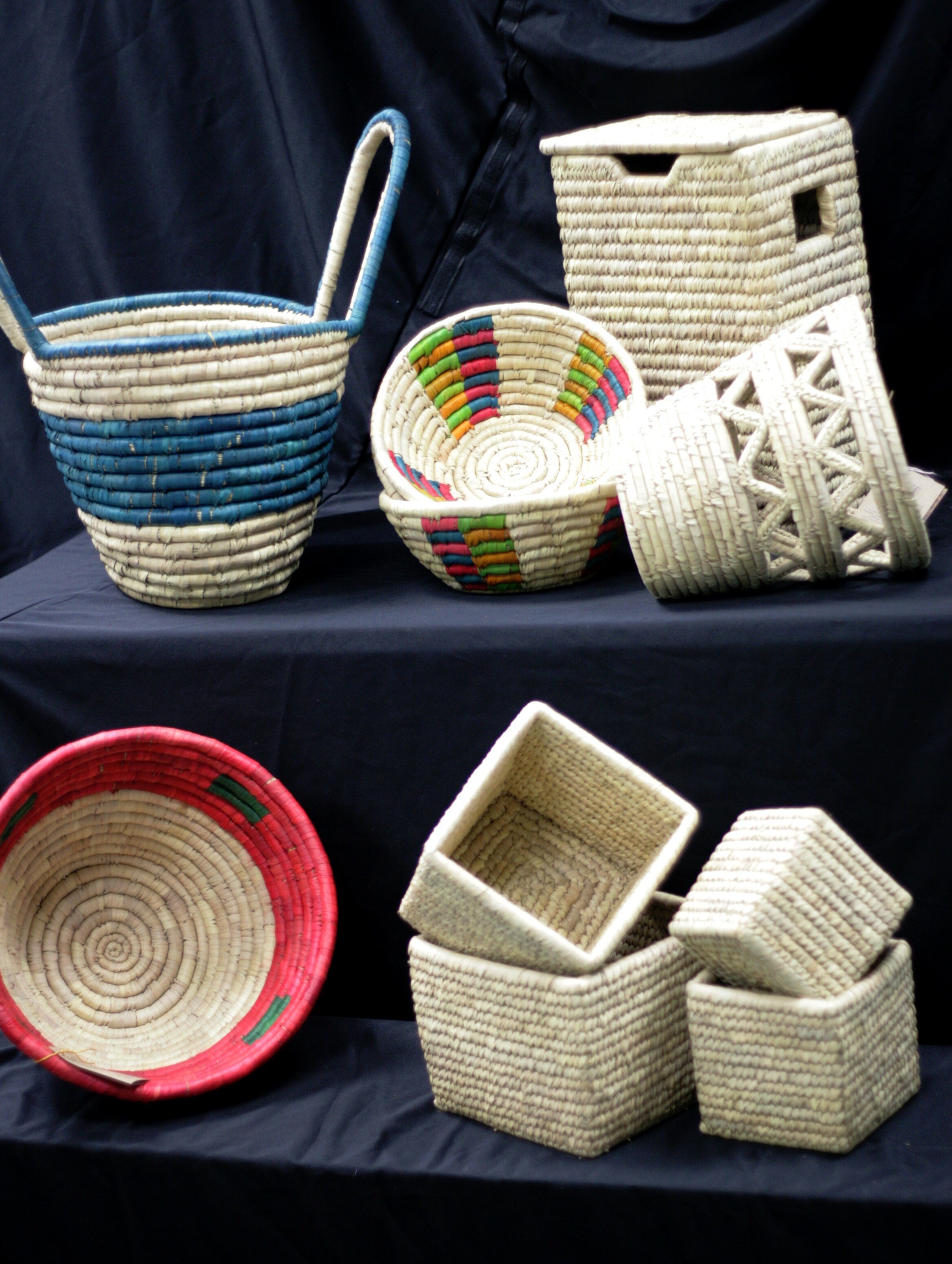About Global Village Nanaimo
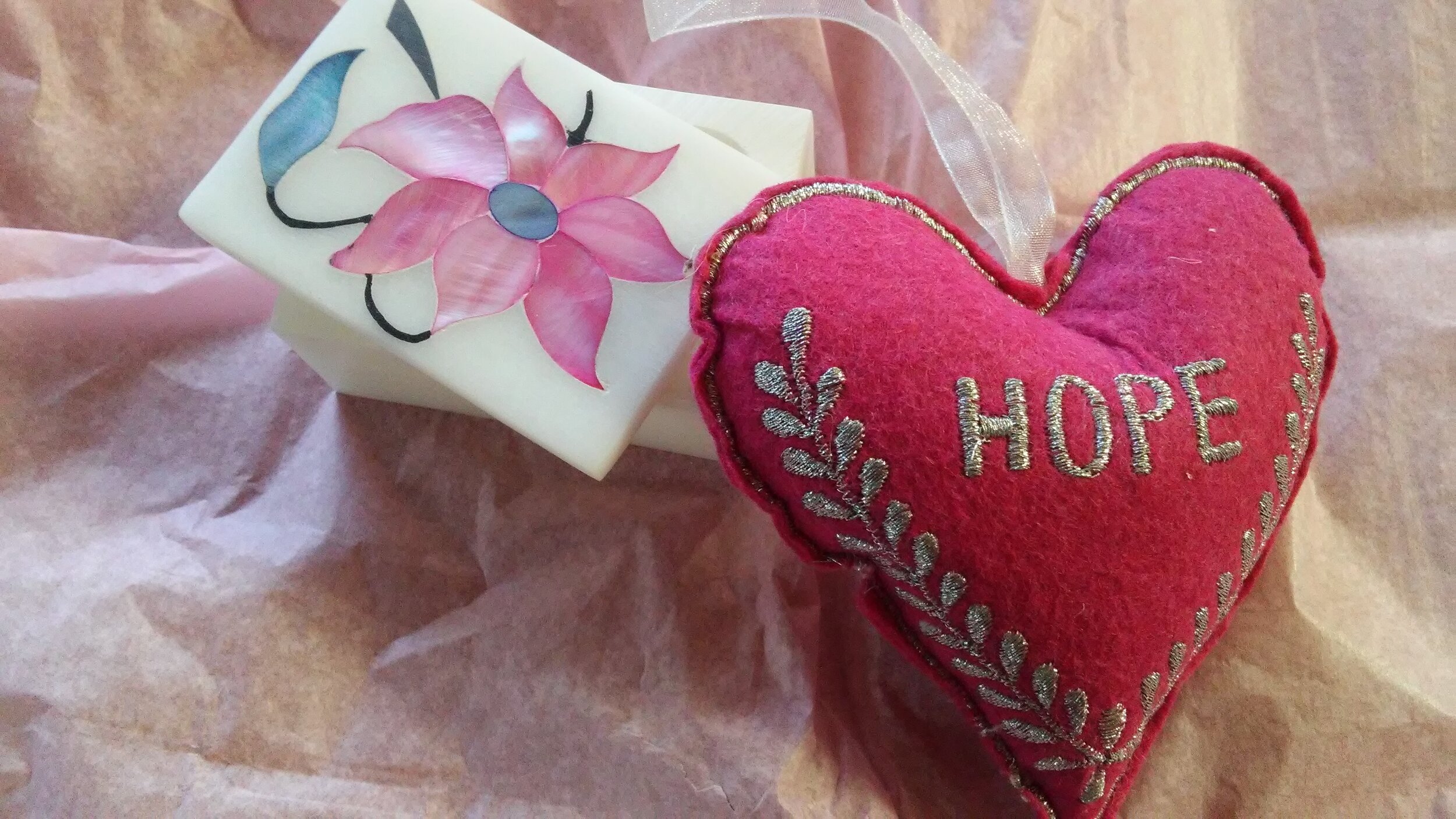

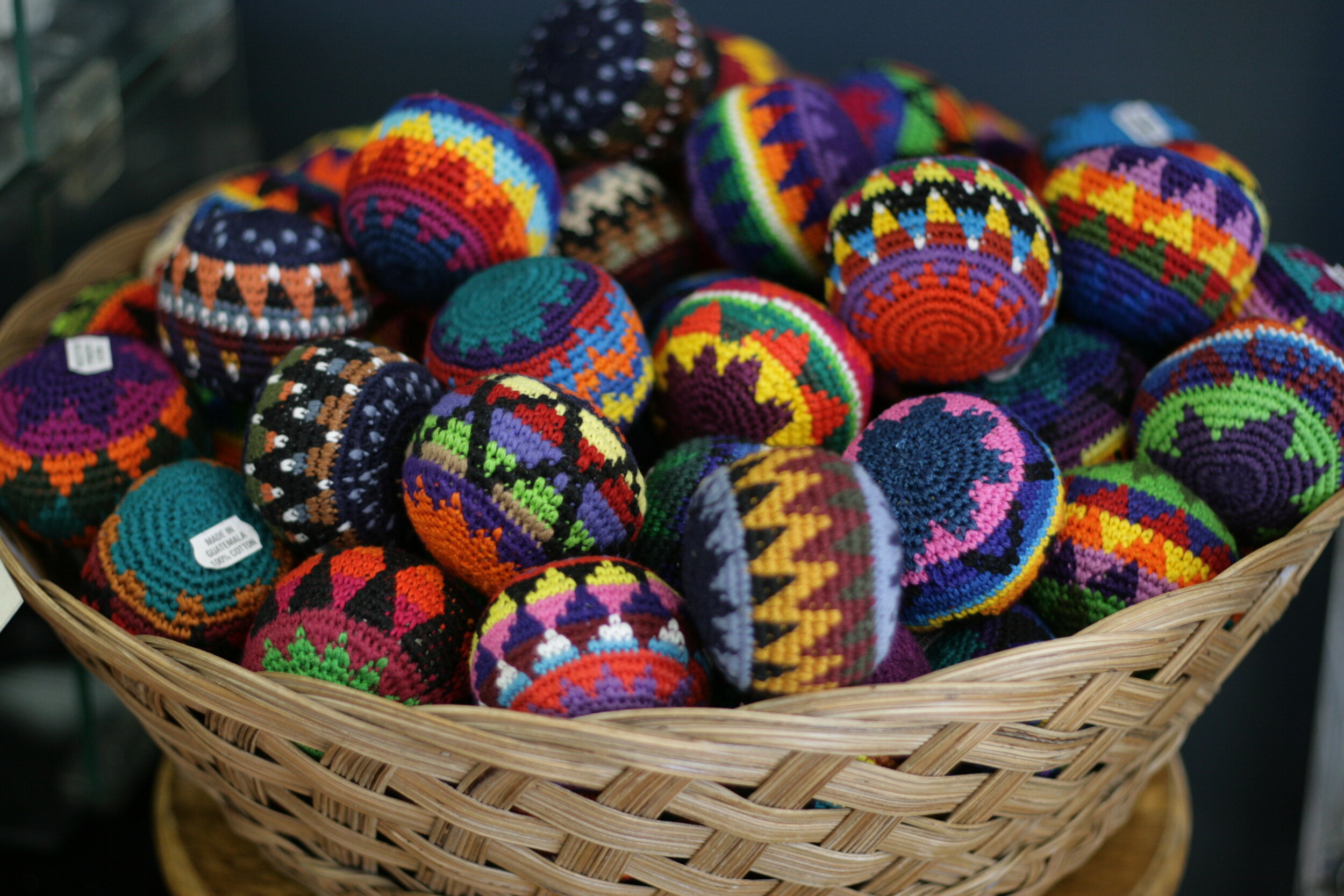
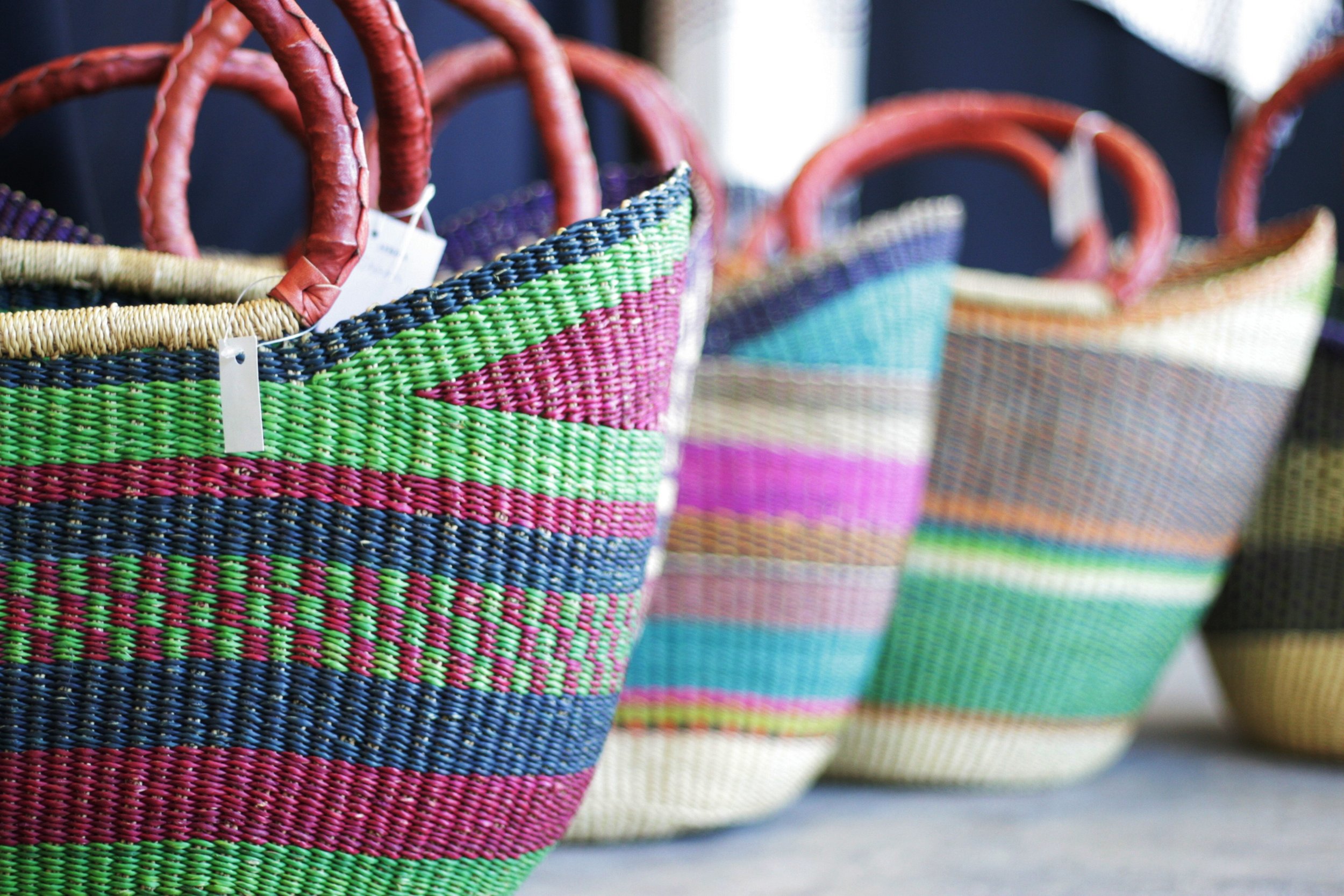
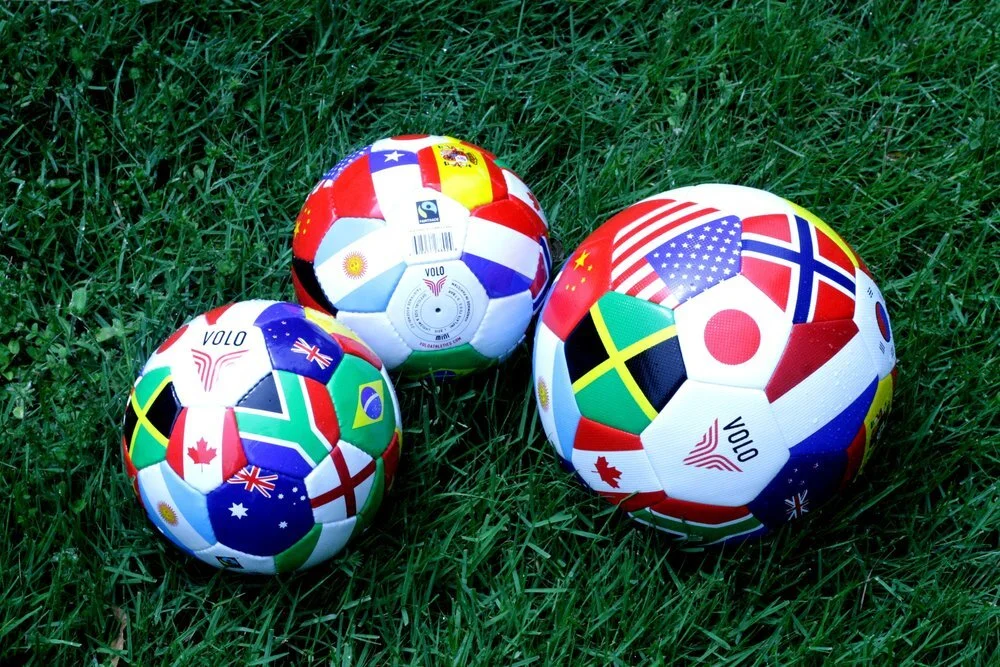
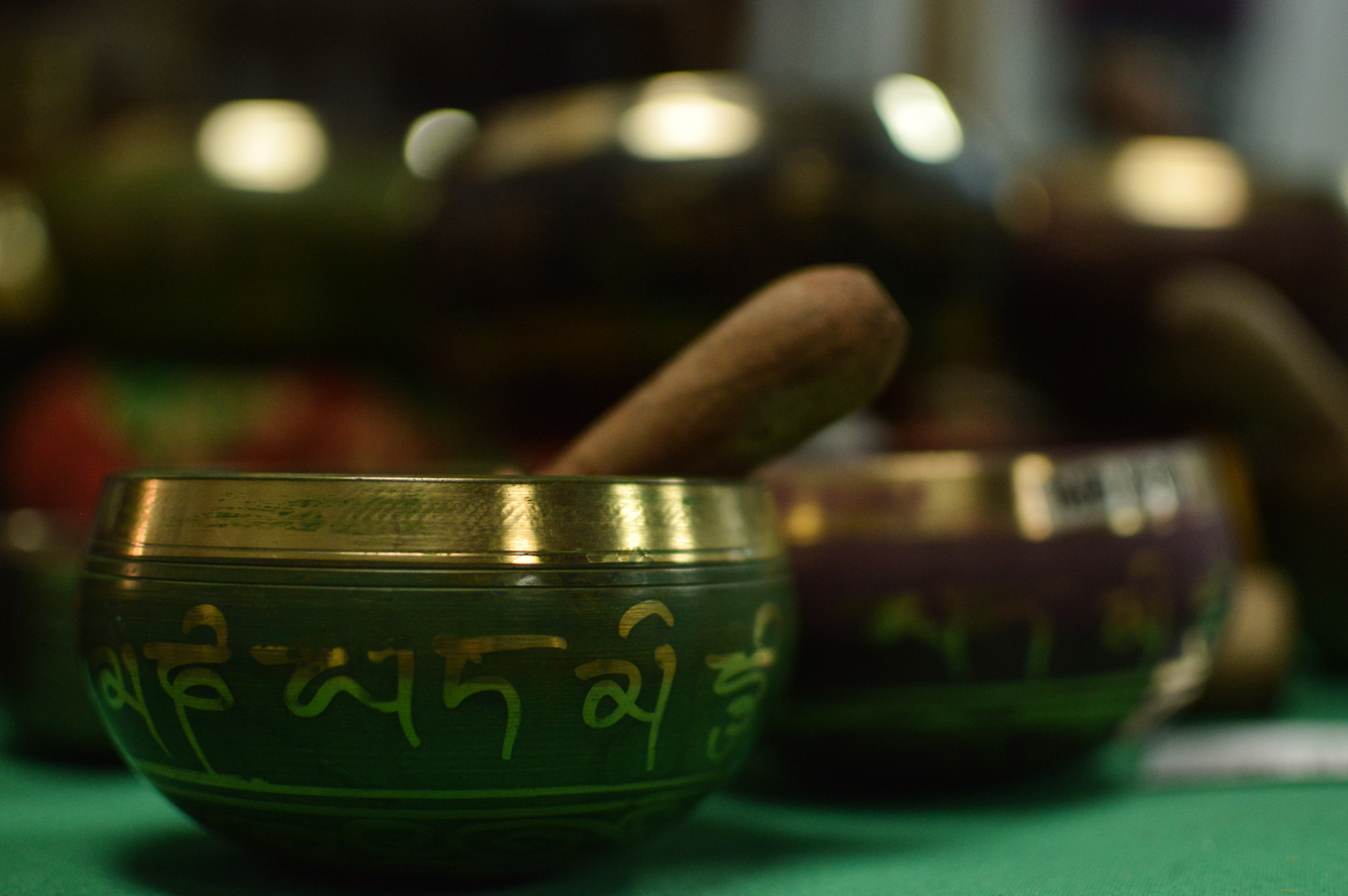
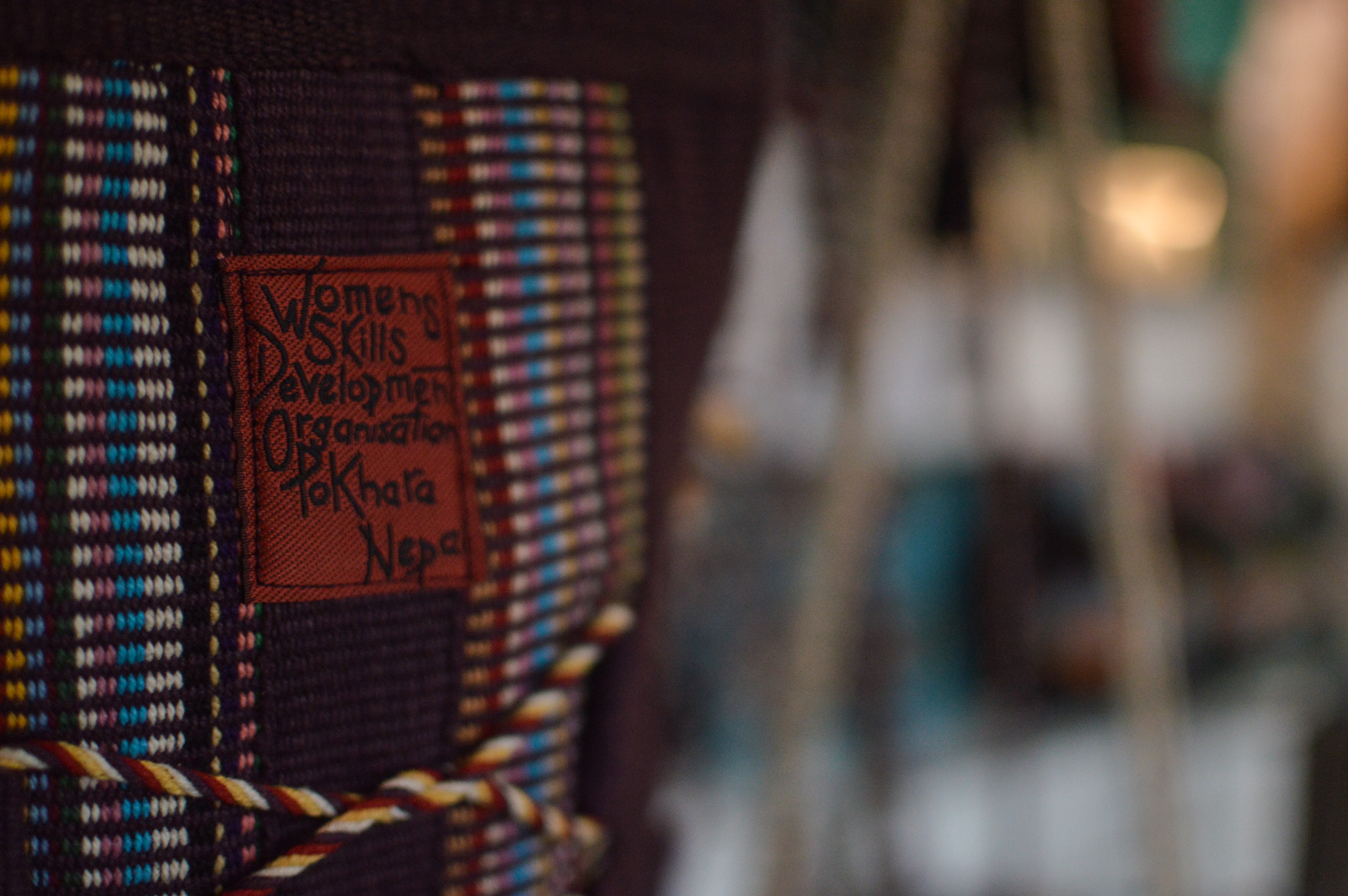

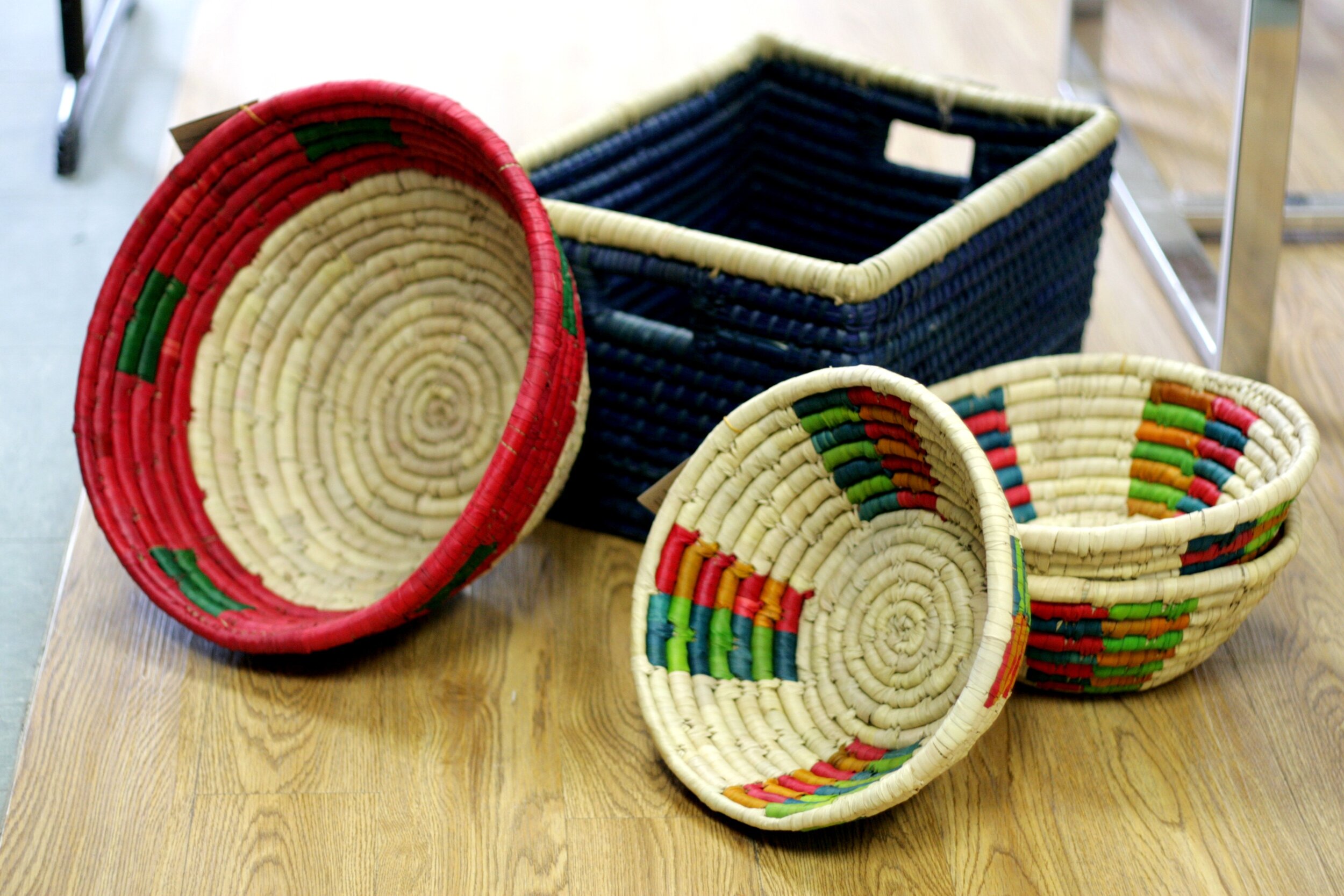
“At Global Village Nanaimo we believe that happiness is not an end to be pursued, rather it is the by-product of pride in achievement. Practicing fair trade makes us and our customers happy and demonstrates that there is an alternative to the thoughtless maximisation of profit regardless of human cost.”
Who Are We?
Global Village Nanaimo is an independent non-profit society, operating a seasonal fair trade store with the invaluable work and skills of dedicated volunteers. The purpose of the store is very simple: to enable some of the poorest people in the world to earn the income they deserve and need, to participate in today’s monetary economy. We engage in fair trade for its own sake. We want our customers to know that as well as helping craftspeople to earn with dignity, we care about providing uniqueness and quality at fair, but affordable, prices. Each time a customer makes a purchase at this store they have the satisfaction of knowing that they are providing artisans and craftspeople a chance to earn with dignity and break the cycle of poverty. Global Village Nanaimo supports many producer groups around the world who are striving to become self-sufficient. All wholesale prices have been determined by the craftspeople themselves, who have been paid prior to the goods being shipped to Nanaimo. Customers can be assured that the products are unique, good quality and surprisingly reasonably priced.
The Idea
Global Village Nanaimo (GVN) began in 1976, as the “Nanaimo International Development Education Association” (NIDEA), later doing business under the name of “Global Village Nanaimo” (GVN). NIDEA was one of about 40 Learner Centres supported until 1996 by annual project funds from the Canadian International Development Agency (CIDA), the international aid department of the federal government.
GVN operated a resource centre, a school program and an annual symposium, partnering with School District 68 (Nanaimo) and Malaspina College.
Our fair trade practice began when one of our directors met Father Bohnen. “Father Beans” wanted to educate poor Haitian boys. But they were too hungry to learn. So he opened a woodworking shop and trained them to make traditional dark wooden carvings.
One day, a box of carvings arrived at Global Village, with a note saying, “as you sell these, send us the money for our schools.” With money from the carvings he opened a cafeteria, and then the Little Schools of Father Bohnen, which have been known to feed 25,000 people a day.
History
In 1997, government funding came to an end and GVN decided to become an ATO, Alternative Trading Organisation, with no office or staff, just rented storage space and the funds from previous sales. The 3-day Fiesta! Sale morphed into a pre-Christmas store. GVN is operated without an office by a working board. About 40 volunteer salespeople sustain the store, with a Operations Manager on a seasonal contract.
Along the way, we have re-defined our mission and given up charitable status, because we are shopkeepers, not a charity. We are a social enterprise, taking financial risk for a social mission.
About 15 years ago, a GVN board member was awarded some money to travel around India to find out how fair trade played out at the source. The biggest discovery was that every single producer group visited was just one arm of a large social justice organisation in each of the 12 communities visited around the Indian sub-continent, from the Tibetan refugees in the Himalayan foothills, to the backwaters of Kerala state in the south.
https://mailchi.mp/0797a32c7000/global-village-nanaimo-celebrates-25-years
Why Fair Trade?
Customers often ask: “How do I know this makes a difference?” We can point to an annual statement of CORR - The Jute Works, in Bangladesh, which cites GVN as one of their steady purchasers.
The very words, “fair trade” raise the question, “So what kind of trade is regular trade?” The answer is that the West has fallen into bad habits, importing goods cheaper than their cost of production from poor countries victimised by exploitive international trade regulations.
When we start to ask questions about who made the goods we buy, we begin a journey of self-examination and a struggle to make our practices consistent with our philosophy. The store has become a magnet for customers who want to purchase gifts that give some of the poorest people in the world a little extra income to spend on personal or community development.
Fair trade means starting from the position that we are all sisters and brothers. It means GVN will not buy goods unless we are convinced that the makers agreed to the fair price. It means that we send the money before we receive the goods. More and more our suppliers display the fair trade logo, which certifies that fair trade principles are being applied.
